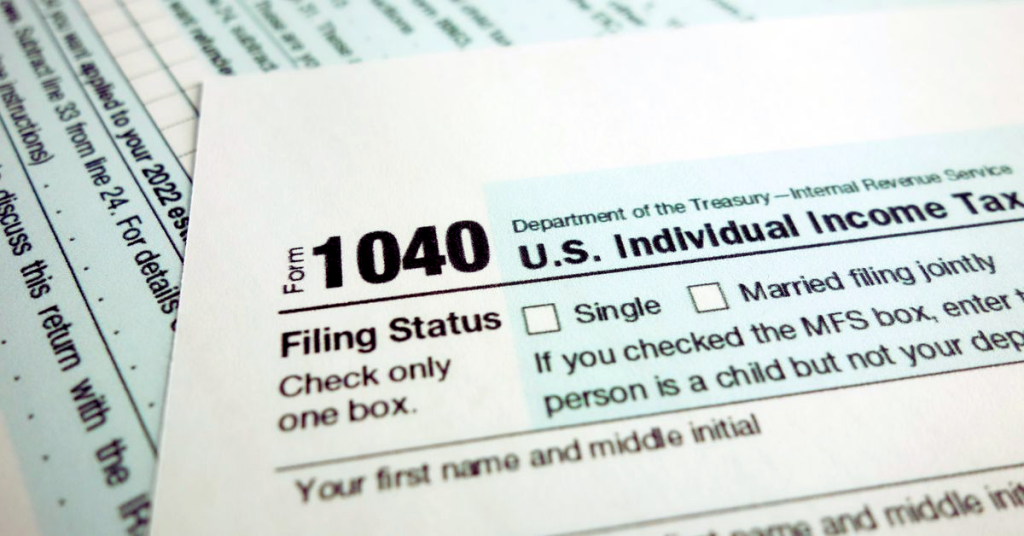US citizens wanting to boost their retirement funds by investing in digital artworks on-chain may want to rethink their strategies. The Internal Revenue Strategy (IRS) recently revealed that it may exclude non-fungible tokens (NFTs) for individual retirement accounts (IRAs) following new taxation guidelines. Interestingly, it wants public input before the go-ahead.
Quick Takes:
- The IRS may exclude NFTs from IRAs, pending new guidelines. This may affect US citizens’ retirement investment strategies.
- Together, the Treasury Department and IRS are exploring the possibility of categorizing NFTs as collectibles, which could alter the applicable short-term capital gains tax for NFTs.
- The public is asked to provide feedback on the matter to the IRS and Treasury Department. The deadline date for applications is June 19.

Exploring the Possibilities of Taxing NFTs
The US Treasury Department and IRS are considering categorizing NFTs as collectibles alongside physical items like artworks, coins, antiques, and alcohol — all of which do not have permits for retirement accounts.
Moreover, classifying NFTs as collectibles may affect their taxation when sold or traded on secondary marketplaces. For example, the applicable short-term capital gains tax for such assets, which currently costs around 10% to 37% depending on the seller’s income level, could be altered. Conversely, the limit of capital gains tax on collectibles is a maximum of 28%.
In preparation for issuing updated guidelines, the Treasury Department and IRS are asking for public feedback on the proposed amendments. People can weigh in on the various issues, answering questions like “What are the difficulties posed by this analysis?” and “What criteria could be employed to ascertain if a digital file qualifies as a ‘work of art?'”
Individuals have until June 19 to submit their thoughts on the matter. Consequently, some traders are shocked about the IRS and Treasury Department’s approach to considering public opinions instead of solely regulatory enforcement:
It’s no wonder the IRS and US Treasury are finding it tricky to establish definitive guidelines for NFT taxation. NFTs are tokens of digital art that signify ownership. However, these digital assets also provide entry to events, like concerts, and verify ownership of physical objects, including real estate.
Nonetheless, for now, the agency will continue with its proposals using a “look-through analysis”. Then, they will decide together on whether are not such assets classify as collectibles.
Keep checking back on NFT Lately for news on the outcome. The results are just around the corner.
Subscribe to the NFT Lately newsletter to receive news covering the latest NFT-related drops, releases, reviews, and more.



